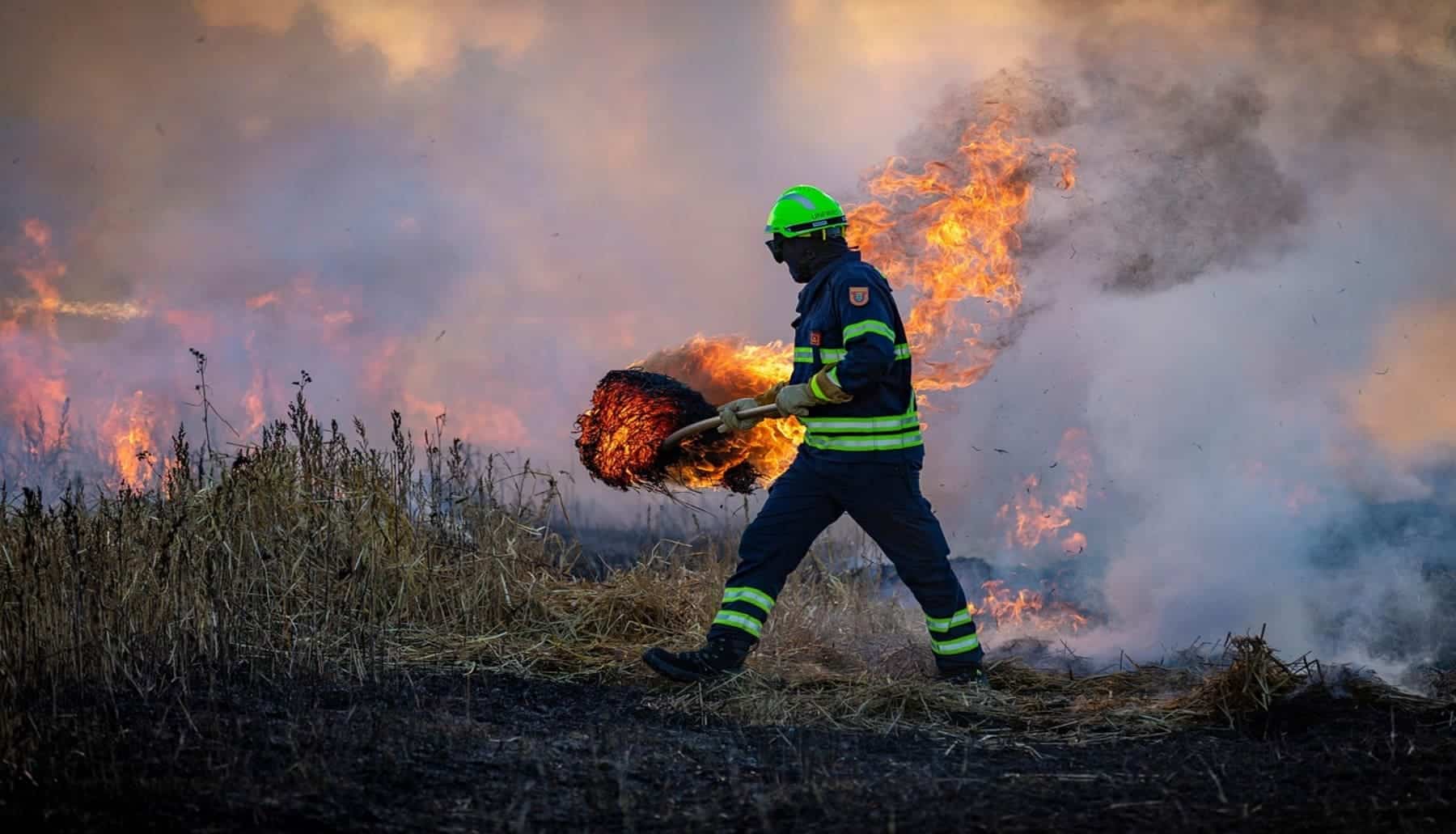Good news, at least, to know that so far this year the activity of the forest fires that has occurred worldwide have even been reduced Below the average if compared to the data of the last two decades.
They are data that the Atmospheric Surveillance Service (CAMS) of Copernicusthe climate monitoring component of the European Space Program.
Of course, despite that good news, from this entity they remember that the guard should not be lowered and puts as an example the important fires that occurred in some countries, as is the case of South Korea, where the emissions that launched to the atmosphere as a result of those calls They were the highest of the 23 years since statistics were collected for that country.
Global fire activity, smaller than average so far this year, according to Copernicus
The activity of forest fires globally in the first four months of 2025 has been below the average of the last two decades, the Atmospheric Surveillance Service (CAMS) of Copernicus, the component of the component, the component of the component, the component of Climate monitoring of the European Space Program.
However, the institution based in BONN (Germany) warned that notable fires were recorded in some areas, for example South Korea, where fire emissions were the highest of 23 years since statistics for that country were collected.
The activity It was lower than usual in the countries of the Southeast Asia, such as Burma, Thailand, Laos, Cambodia and Vietnam, Due to factors such as efforts to reduce agricultural practices of felling and burning.
In the first four months of the year, forest fires produced in that region have caused estimated emissions of 37 megatonos of carbon, Less than half of the 79 tons calculated on average in the 2003-2024 period.
In addition, the CAMS stressed that as summer is approaching in the northern hemisphere, forest fires and consequent emissions are increasing and unusual fires have already been recorded in the United Kingdom, Ireland and northwest Europe, due to the driest conditions of recent weeks. In addition, they have also been documented Large fires in East of Eurasia, even within the Arctic Circle, and in Canada.
“Biomass fires and biomass burning have important repercussions on air quality and human health,” said Mark Parrington, a Cams scientist.
Parrington highlighted the importance of supervising the emissions caused by fire during global fire seasons to evaluate the possible impact on the air quality that humans breathe. EFE / ECOticias.com

